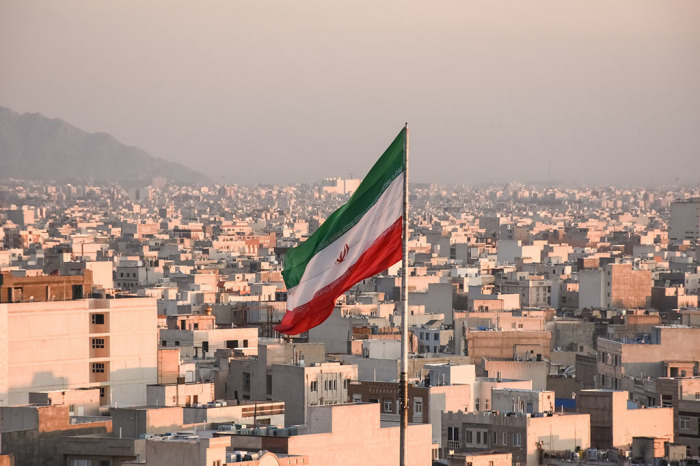ISIS claims responsibility for twin bombings in Iran after president blames Israel

The Islamic State has claimed responsibility for the devastating twin blasts near the burial site of Gen. Qasem Soleimani in southern Iran, marking the deadliest attack in the country since its 1979 revolution.
The Wednesday incident resulted in at least 84 fatalities and 284 injuries, as reported by Iran’s state-run news agency IRNA.
According to IS's media wing Al-Furqan, the attack was executed by two suicide bombers, identified as brothers, during the fourth anniversary of the assassination of Soleimani, CNN reported.
A significant figure in Iran known for his role as the head of the Revolutionary Guards’ Quds Force, Soleimani was killed in a U.S. airstrike in 2020 ordered by then-President Donald Trump.
The statement, titled “And Kill Them Wherever You Find Them,” indicated that the bombers targeted a gathering of Shiites near Soleimani’s grave in Kerman, his hometown. IS views the Shia branch of Islam as heretical and has a history of targeting shrines and religious sites in Iran.
The group’s narrative of the event, including a higher death toll, contrasts with Iranian media reports. Both IRNA and the English-language state media outlet Press TV acknowledged the terror group’s claim.
Press TV reports, citing IS' affiliate Telegram channels, that the attackers used explosive belts. Iran’s interior minister described the blasts as occurring in quick succession, with the second, more lethal explosion happening as people rushed to aid the wounded. State media outlet IRINN suggested that a remotely detonated bomb caused the first explosion in a car rather than by a suicide bomber.
The aftermath of the explosions was chaotic, with videos showing large crowds, injured individuals, and ambulances navigating through the masses. Iran declared a day of mourning following the attack. President Ebhrahim Raisi canceled a scheduled trip to Turkey.
In the immediate aftermath, President Raisi accused Israel of orchestrating the blasts, warning of a “heavy price.” However, the Israeli military did not comment on these allegations. Before IS’ claim, analysts and a U.S. official indicated that the nature of the attack bore the hallmarks of a terrorist act, with IS being a likely perpetrator, according to CNN.
France 24’s Wassim Nasr highlighted the deep-seated animosity between the Sunni IS group and Soleimani, a leader in the Shiite state’s Revolutionary Guards Corps, as a driving force behind the bombings. Nasr said while the bombings were linked to the war in Gaza, Israel didn’t have a role in it.
U.S. intelligence, through communications intercepts, confirmed the group’s Afghanistan-based branch, ISIS-Khorasan (ISIS-K), as the perpetrator, Reuters reports. The intelligence was described as “clear-cut and indisputable.”
ISIS-K, known for its intense hatred for Shiites, has been responsible for several attacks in Iran, including a 2022 attack on a Shiite shrine and the 2017 bombings at the parliament and Ayatollah Ruhollah Khomeini’s tomb.
In response to the bombings, Iranian security forces have arrested 11 suspects and seized explosive devices and vests. Despite Taliban crackdowns in Afghanistan, which have weakened ISIS-K, the group continues to focus on foreign operations, as noted by U.S. officials, the newswire said.




























